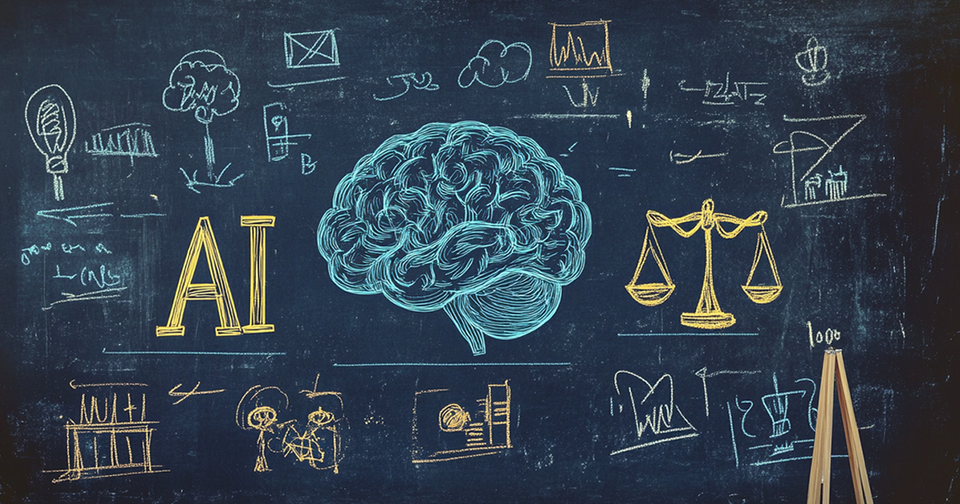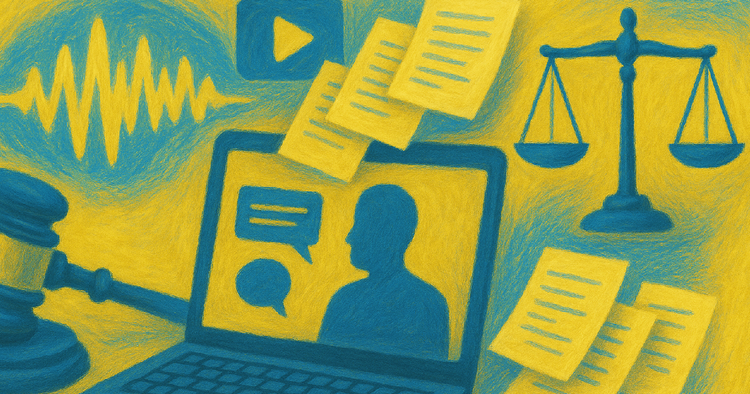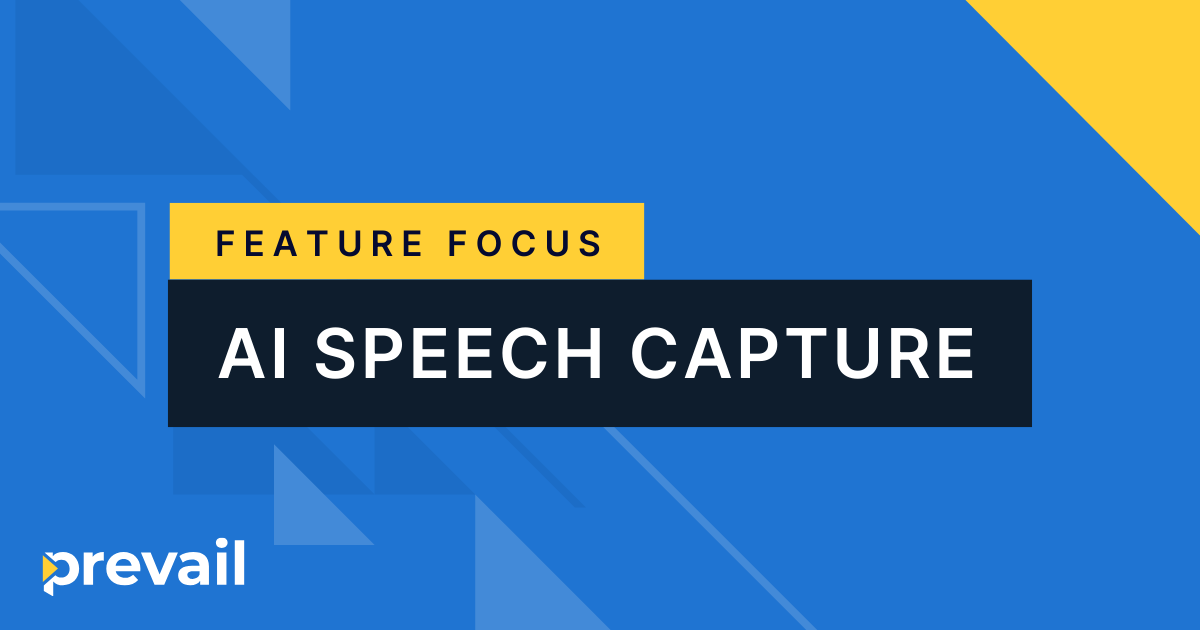Continuing Legal Education in the Age of AI: Preparing Lawyers for the Future

No industry stays static, and the law is no exception. In fact, few sectors have been as fundamentally reshaped by technology as legal services. Artificial intelligence (AI), once seen as science fiction, is now embedded in the fabric of modern practice, with its influence only expected to expand. The tools of yesterday—manual discovery and the occasional clunky research database—are now augmented by advanced algorithms capable of sifting through immense amounts of data in seconds.
But while AI is transforming what lawyers can accomplish, it raises profound questions. Can professionals trust these machines to make crucial legal judgments? Can algorithms maintain the nuance that comes from years of human experience? And more importantly, how should the next generation of attorneys prepare to use these technologies without sacrificing the ethical backbone that has long defined the practice of law?
The answer lies in education. The American Bar Association’s Model Rules of Professional Conduct notes that maintaining competence requires lawyers to “stay abreast of changes in the law and its practice, including the benefits and risks associated with relevant technology.” Continuing legal education (CLE) has always been critical for lawyers, but its role has never been more urgent or complex. As AI capabilities expand, so too must the ability of legal professionals to understand, question, and navigate these technologies responsibly. CLE programs, updated to include AI literacy, will be pivotal in equipping lawyers with the skills they need not just to survive but thrive in an AI-enhanced world.
The Role of AI in Legal Practice Today
AI isn’t just a tool for the future—it’s already woven into the day-to-day operations of legal practice. From document review to predictive analytics, the capabilities of AI have revolutionized how lawyers approach their work. Need to sift through thousands of pages of discovery materials? An algorithm can do it in minutes. Once a painstaking manual process, legal research has been turbocharged by AI platforms that anticipate the arguments you might need based on the context you give it. Predictive analytics, once the stuff of courtroom legend, now allows attorneys to gauge the likelihood of success in litigation.
But it doesn’t stop at efficiency. AI is reshaping more substantive tasks as well. Contract drafting, for example, has been transformed by tools that not only automate the creation of documents but also flag potential issues buried deep within complex language. These advancements empower lawyers to focus on more strategic work, like case strategy and client interaction.
However, with every leap forward, there’s a shadow of uncertainty. As beneficial as AI can be, it’s not perfect. After all, machine learning models are only as good as the data they’re trained on, which means bias can creep in, or worse, the AI may “hallucinate”—providing plausible-sounding yet entirely incorrect legal conclusions. This raises fundamental ethical concerns, which are particularly urgent in a profession built on precision and trust. The promise is real, but the pitfalls are significant. Understanding where AI excels and where it falters is critical to its responsible use in legal practice.
The Need for AI Literacy in Legal Education
Legal education has always been a gateway to mastering the complex and evolving world of law, and continued education is mandatory for legal practice. But with AI stepping into the arena, traditional curriculum might be missing something crucial. Understanding contracts, torts, and civil procedure is no longer enough. Legal professionals now need to grasp how an algorithm processes data, how biases in machine learning can influence outcomes, and why ethical considerations are more vital than ever. In short, lawyers must develop AI literacy—not to become developers, but to become informed users and critics of the technology.
Without this understanding, lawyers risk becoming overly dependent on systems they don’t fully comprehend. They might miss the hidden assumptions embedded in software or fail to spot an AI-generated legal conclusion that simply doesn’t hold water. The risks are real, and so are the potential legal liabilities. AI literacy helps ensure that technology serves the profession, not the other way around. The more a legal professional understands how AI works, the better equipped they are to identify when it might fail or when it might present ethical dilemmas.
This shift isn’t just about keeping up with the times—it’s about safeguarding the future integrity of legal practice. Some law schools have already started incorporating AI-focused modules, touching on everything from the technical workings of these systems to the broader ethical and regulatory landscape. However, it’s clear that curriculum changes need to go further. Critical human oversight must be baked into AI training, ensuring that even as automation becomes more powerful, lawyers retain their role as the ultimate decision-makers. Expanding CLE programs to include AI training is just the beginning; it’s a fundamental shift toward a legal profession that understands, rather than fears, the tools reshaping it.
AI and Professional Development for Legal Professionals
Professional development has always been a pillar of legal practice, but the arrival of AI has turned that steady stream of education into a flood of new knowledge. CLE is no longer a box to check for annual compliance; it’s now the frontline defense against falling behind in a rapidly evolving field. AI advancements are coming fast, and lawyers who don’t keep pace risk being left behind—not just by competitors but by the very technology they rely on.
CLE offerings focused on AI are emerging and addressing more than just the technical aspects. These programs are digging into the ethics of AI, how to conduct audits on AI-driven decisions, and what lawyers need to know about regulatory compliance in a world where machines increasingly influence outcomes. For instance, AI audits—an essential practice for ensuring transparency and fairness in machine learning outputs—are quickly becoming a core skill for any attorney advising clients on AI-related issues.
Specialized training programs covering these areas aren’t just theoretical; they’re changing how legal professionals think about their roles. Understanding the mechanics of an AI system is one thing, but applying that understanding in ways that protect clients, uphold ethical standards, and mitigate risks? That’s the heart of modern legal practice. Courses on AI audits and ethics teach lawyers to use and oversee the tools, ensuring the human element stays central in decision-making.
CLE programs have started incorporating these essential skills, and their impact is already being felt. Law firms prioritizing AI training will find themselves more agile, able to adapt to new technologies, and able to guide their clients through the uncertainties of legal action. It’s not just about staying compliant anymore—it’s about leading the way.
Ethical Considerations and Human Oversight
Ethical dilemmas have always been a part of law, but AI introduces a new layer of complexity. The algorithms behind these systems aren’t neutral; they’re trained on data that may carry hidden biases, and that bias can seep into decisions—decisions that affect real lives. A contract flagged by AI as problematic may reflect the prejudices embedded in the data it’s seen. A predictive model might suggest an outcome based on patterns, not justice. And the real kicker? The more complex the technology, the harder it is to understand when something goes wrong.
This is why human oversight isn’t just recommended—it’s essential. No AI system, no matter how advanced, should replace the nuanced judgment that lawyers bring to the table. Ensuring transparency, identifying bias, and holding machines accountable are jobs that only humans can do. Legal professionals need to be able to ask: How did the AI reach this conclusion? What data influenced this decision? And is this consistent with the law and ethical practice? These are questions AI cannot answer on its own, and that’s where the ethical responsibilities of legal professionals become critical.
CLE plays a pivotal role in helping lawyers understand these issues. It’s not just about knowing how to use AI tools but knowing when—and when not—to trust them. Programs focused on AI ethics and responsible use empower lawyers to oversee AI rather than blindly rely on it. Prevail’s approach to testimony intelligence serves as a prime example. Our focus on keeping human judgment at the core of AI use ensures that while technology can enhance, it does not replace the critical human element in legal proceedings. Ethical oversight is not just a safeguard; it’s a responsibility.
Preparing for the Future
AI is no longer on the horizon—it’s here, reshaping how legal professionals work and think. But as much as technology offers, it demands something in return: a commitment to understanding it. That’s where AI-focused continued education steps in, ensuring that lawyers don’t just survive the changes happening around them but take control of them. This isn’t about mastering a new tool; it’s about staying relevant in a world where machines influence more and more of what happens in the courtroom and the office.
Law schools, firms, and legal professionals all have a stake in this. It’s time to invest in the skills that will define the future of legal practice. AI is only as powerful as the people guiding it, and those people need the right training—both in its capabilities and limitations. Staying ahead in the AI era doesn’t mean surrendering to automation. It means harnessing it, questioning it, and, most of all, ensuring that the human mind remains the sharpest tool in the room.




